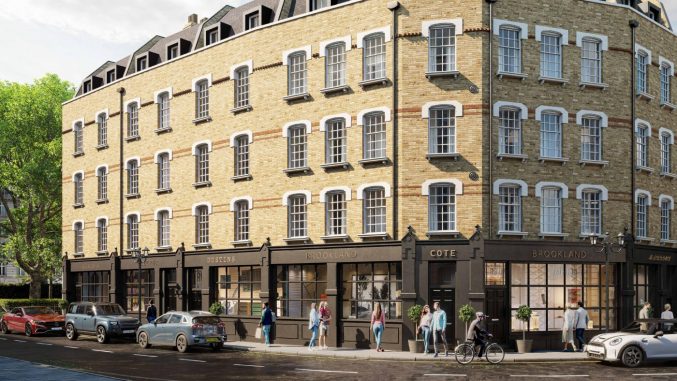Bouncing back after BBLS and CBILS
By Jonathan Rubins

It’s approaching a year since the launch of the Bounce Back Loan Scheme (BBLS), which granted business loans of up to £50,000 and required no payments for the first 12 months.
This means that the first monthly payments will become due on BBLS for its first customers in the coming weeks and, for businesses that took the full amount, these could be upwards of £800 plus the flat rate of 2.5% interest.
Similarly, the Coronavirus Business Interruption Loan Scheme (CBILS), launched last March, offering facilities of up to £5m, with loans up to £250k available without personal guarantees and no payments due for the first year. Within the first two weeks, almost 1,000 facilities valued at £90.5m had been approved and repayments on these loans will soon commence.
Both schemes were incredibly popular. By the end of February more than 90,000 CBILS facilities had been approved, worth a total of £22.03bn and more than 1.5m BBLS facilities had been approved, worth a total of £45.61bn. CBILS and BBLS both come to an end on 31st March to be replaced by the Recovery Loan Scheme, the terms of which are not expected to be as appealing as previous initiatives.
These changes come at a time when the economy is yet to properly open from lockdown restrictions and many businesses are some way off returning to their usual cash flow. So, what are their options?
With the government starting to step back from underwriting emergency loans, businesses will need to identify alternative sources of capital to meet their funding and cashflow requirements
Having access to capital is important for businesses, but what they really need is fast, flexible access to capital that can empower them to make the most of opportunities, without penalising them if they don’t need to utilise the funds.
This is an area where brokers can add real value to their clients who are self-employed and own small- and medium-sized businesses.
Bridging lending, secured as a first or second charge on residential or commercial property, is a useful way for businesses to manage their cashflow as the interest payments do not need to be serviced on a monthly basis.
And now brokers have access to a new type of funding facility that can then be deployed and repaid on multiple occasions as and when it is needed.
This approach gives businesses access to liquidity on demand which can help them to be fleet of foot and make the most of every opportunity as the economy recovers.
At Alternative Bridging Corporation, we offer the Alternative Overdraft, which provide quick access to capital, avoids expensive setting up charges each time a loan is needed and doesn’t insist on businesses paying interest when the facility is dormant.
Fast, flexible access to capital will be vital for businesses in the coming months, to support economic recovery as the government schemes are withdrawn and brokers can help their clients to achieve this by taking an alternative approach to business finance.

Jonathan is a Director at Alternative Bridging Corporation, a principal lender, offering the widest range of short and mid-term products, to the property industry and business community as well as bridging loans to homeowners.










You must be logged in to post a comment.